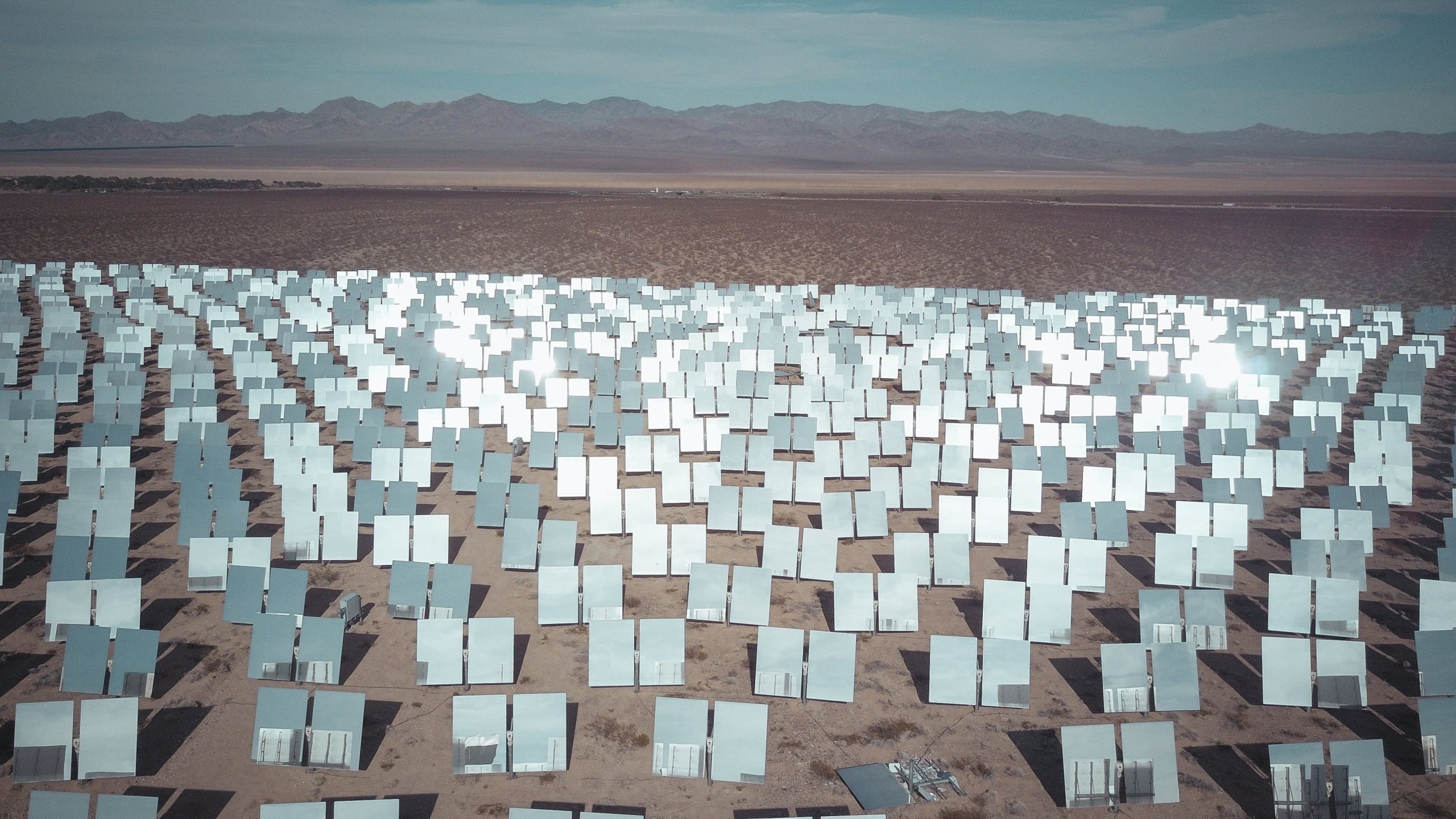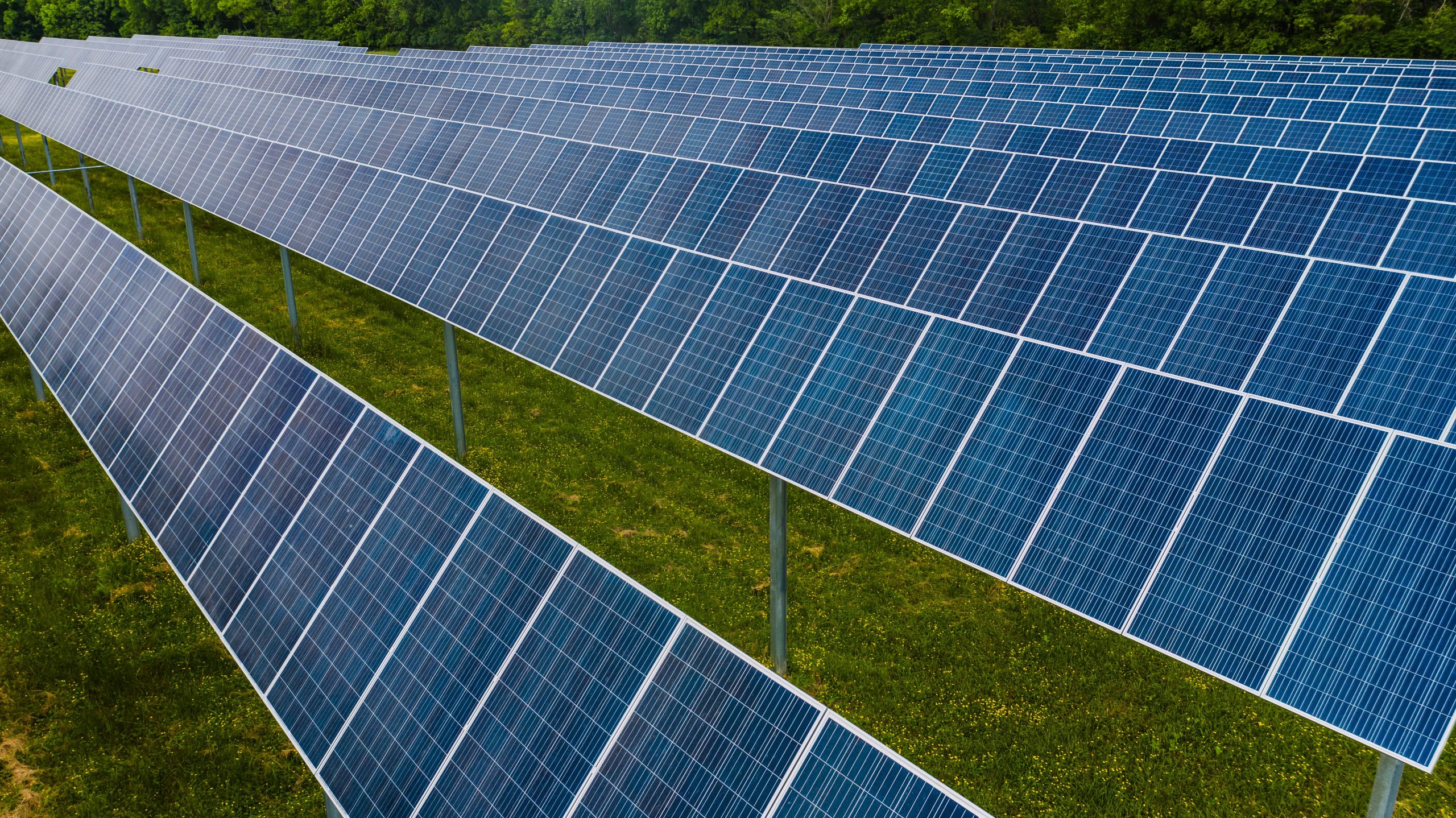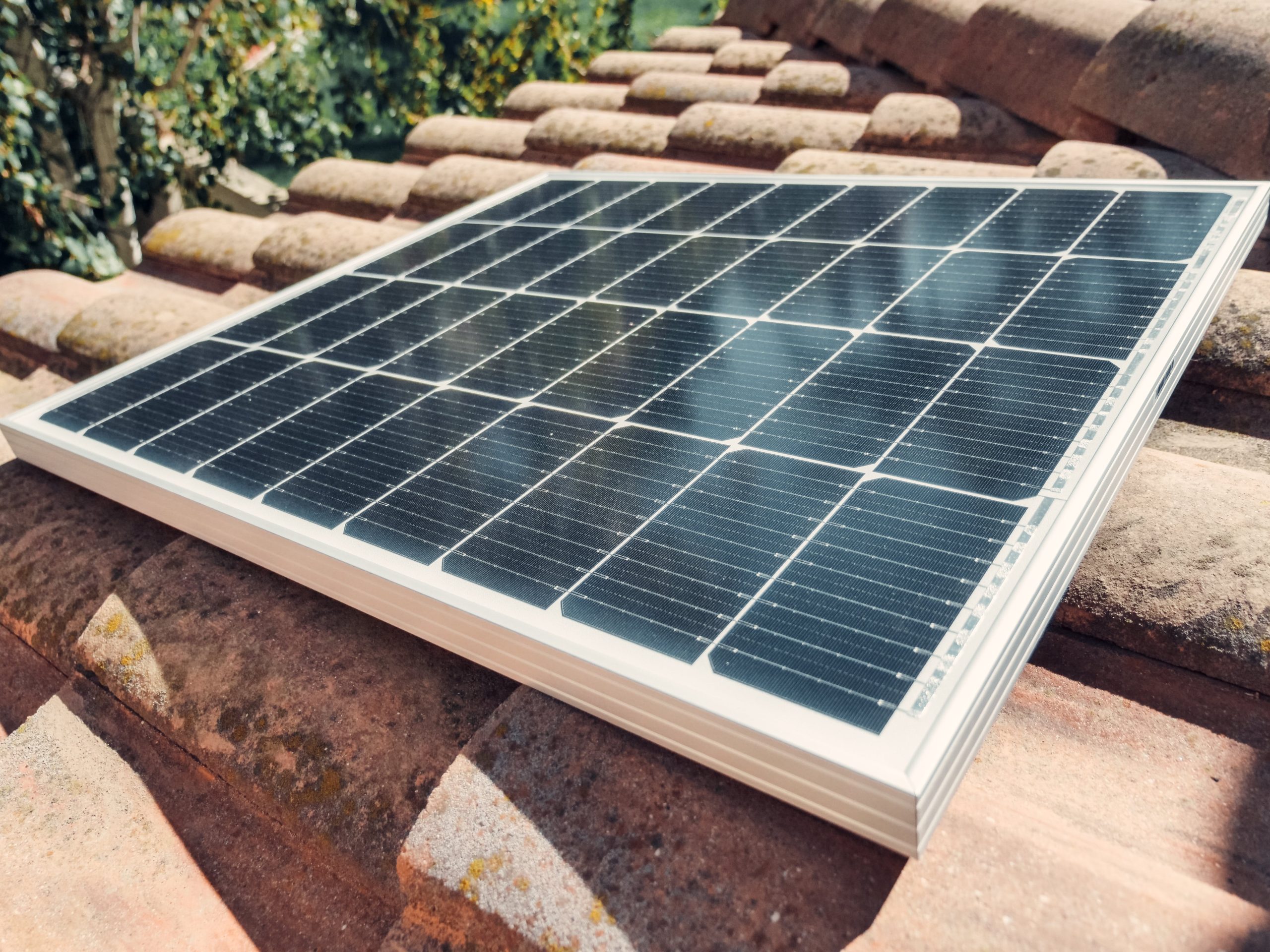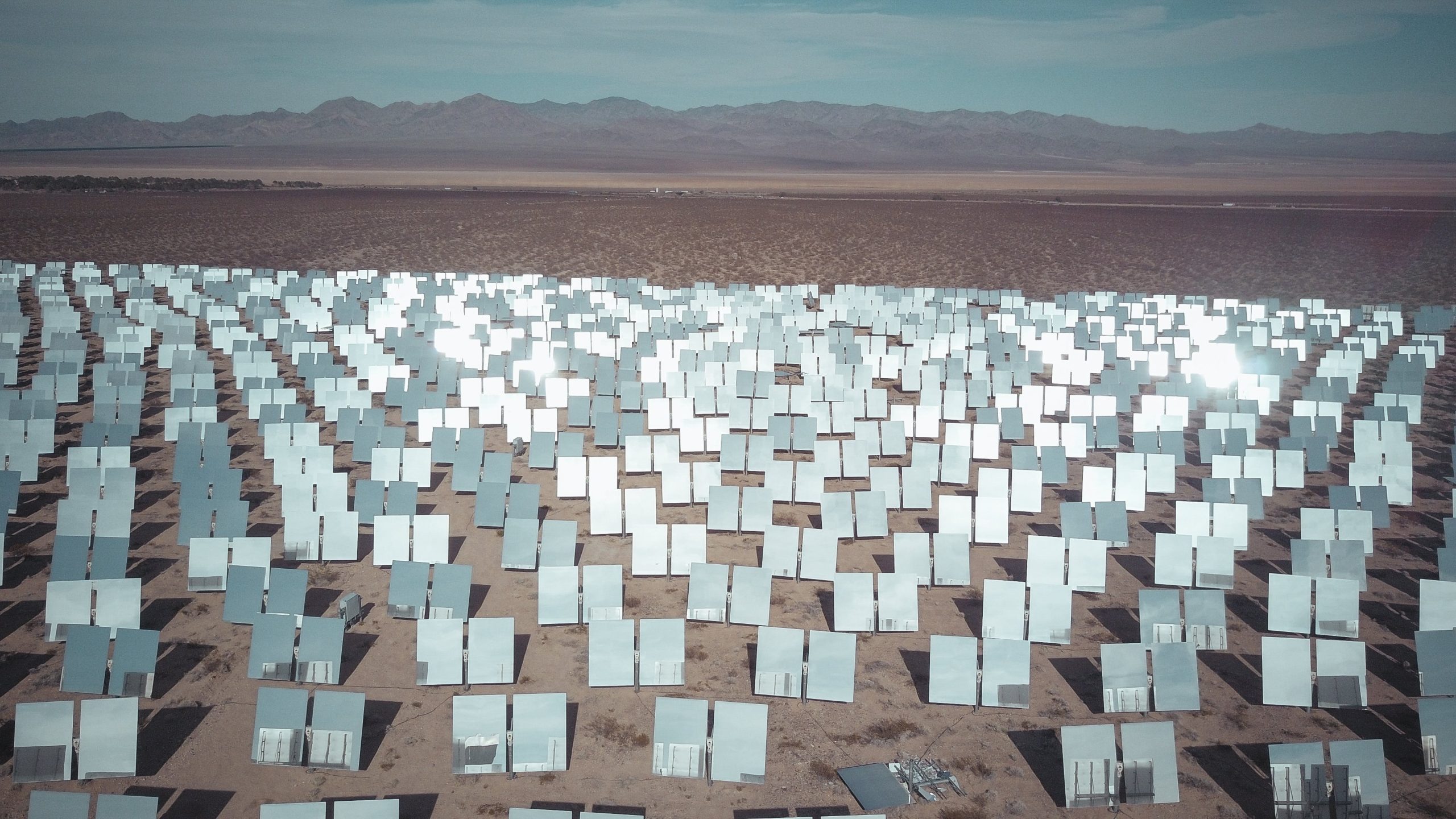What are 10 disadvantages of solar energy?
Introduction
Solar energy has emerged as a frontrunner in the race towards sustainable power sources gaining widespread recognition for its ecofriendly attributes. As the demand for renewable energy skyrockets it essential to scrutinize both the merits and demerits of solar power. This article delves into the ten notable disadvantages associated with solar energy shedding light on aspects often overshadowed by its positive reputation.
Environmental Impact of Solar Energy
While solar energy champions environmental conservation the manufacturing and disposal of solar panels raise concerns. The production process involves the use of potentially harmful materials and the disposal of old panels poses a challenge. Striking a balance between clean energy production and environmental responsibility is a persistent challenge.
Intermittency and Reliability
Solar energy intermittency poses a hurdle to its reliability. The sun isn’t always shining and this variability challenges the continuous supply of electricity. Understanding and addressing these intermittency issues are critical to optimizing the reliability of solar power.
High Initial Costs
Investing in solar energy systems often requires a significant upfront cost. Despite the longterm benefits this financial barrier deters many from adopting solar solutions. Analyzing the costbenefit ratio is crucial to encourage broader solar energy adoption.
Space Requirements
Solar panels need space a luxury not everyone possesses. The substantial area required for solar installations can be a limiting factor in urban and residential settings. Navigating these space constraints is vital for making solar energy accessible to a wider audience.
Weather Dependency
The reliance of solar power on weather conditions introduces an element of uncertainty. Overcast skies and adverse weather can significantly impact energy production. Exploring technological solutions to mitigate this weather dependency is key to enhancing the stability of solar energy.
Energy Storage Challenges
Storing solar energy for later use is a complex challenge. While advancements are being made in battery technologies the current limitations pose hurdles to efficient energy storage. Overcoming these challenges is integral to harnessing solar power effectively.
Manufacturing Environmental Impact
The environmental cost of producing solar panels must not be overlooked. From resource extraction to manufacturing processes the industry must adopt sustainable practices to minimize its ecological footprint. Striking a balance between production needs and environmental responsibility is imperative.
Aesthetics and Land Use
Despite their environmental benefits solar installations can be visually intrusive. Striking a balance between harnessing renewable energy and maintaining aesthetically pleasing landscapes is an ongoing challenge. Innovations in design and placement can address this concern.
Limited Energy Production at Night
A glaring limitation of solar energy is its incapacity to generate power during nighttime. This lack of 24/7 energy production necessitates alternative sources to meet nighttime electricity needs. Balancing solar power with other energy forms becomes crucial for continuous power supply.
Energy Conversion Efficiency
While solar panels have come a long way in terms of efficiency there room for improvement. Enhancing the conversion efficiency of solar panels ensures a more significant return on investment and a more sustainable energy future.
Technological Obsolescence
The rapid pace of technological advancement presents a challenge for longterm investors in solar energy. Keeping up with the latest innovations while avoiding premature obsolescence of existing systems is a delicate balancing act.
Dependency on Sunlight
Solar energy inherent dependency on sunlight limits its applicability in certain regions and during specific weather conditions. Diversifying energy sources to mitigate this dependency is vital for a resilient and consistent power supply.
Impact on Wildlife
The installation and operation of solar facilities can impact local wildlife and ecosystems. From changes in habitat to potential disturbances it essential to strike a balance between renewable energy goals and wildlife conservation.
Government Regulations and Incentives
Government regulations play a pivotal role in shaping the solar energy landscape. Understanding existing policies and leveraging government incentives can significantly influence the adoption and success of solar energy initiatives.
Final Word
In while solar energy holds tremendous promise as a clean and sustainable power source it is not without its drawbacks. Acknowledging and addressing these disadvantages is essential for the continued evolution of solar technology. As we strive for a greener future a holistic approach that considers both the advantages and disadvantages of solar energy is crucial for informed decisionmaking.
FAQs
- Is solar energy completely ecofriendly?
- Solar energy is generally ecofriendly but the manufacturing and disposal of solar panels raise environmental concerns.
- What is the main challenge in solar energy reliability?
- Intermittency caused by variations in sunlight poses a challenge to the continuous reliability of solar energy.
- How can the high initial costs of solar energy be justified?
- Despite high initial costs solar energy offers longterm benefits including reduced utility bills and environmental impact.
- Can solar panels be aesthetically integrated into urban areas?
- Innovations in design and placement allow for the aesthetic integration of solar panels in urban environments.
- What role do government regulations play in promoting solar energy?
- Government regulations and incentives play a significant role in shaping the solar energy landscape encouraging adoption and investment.











